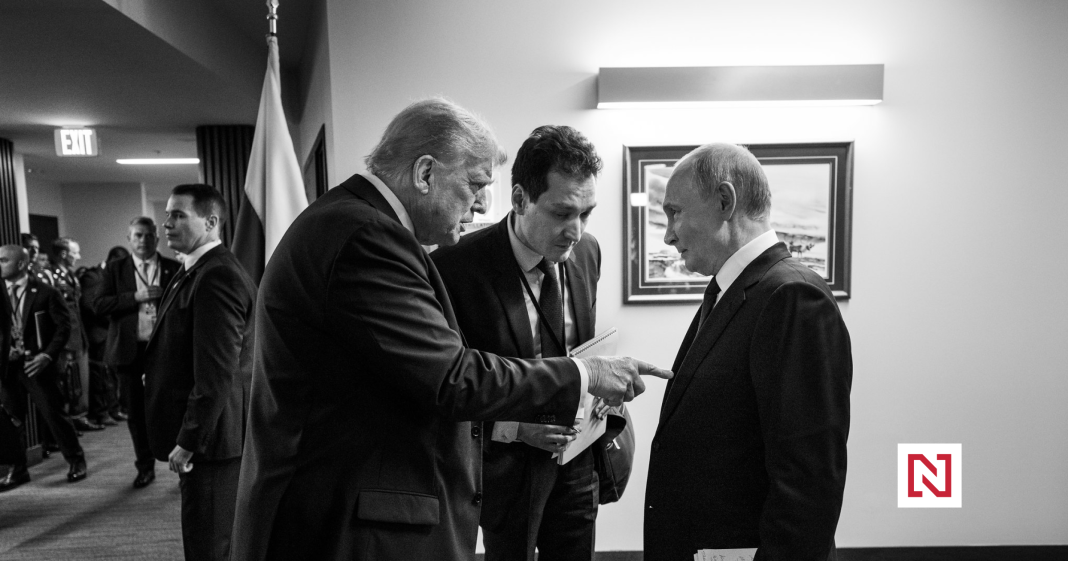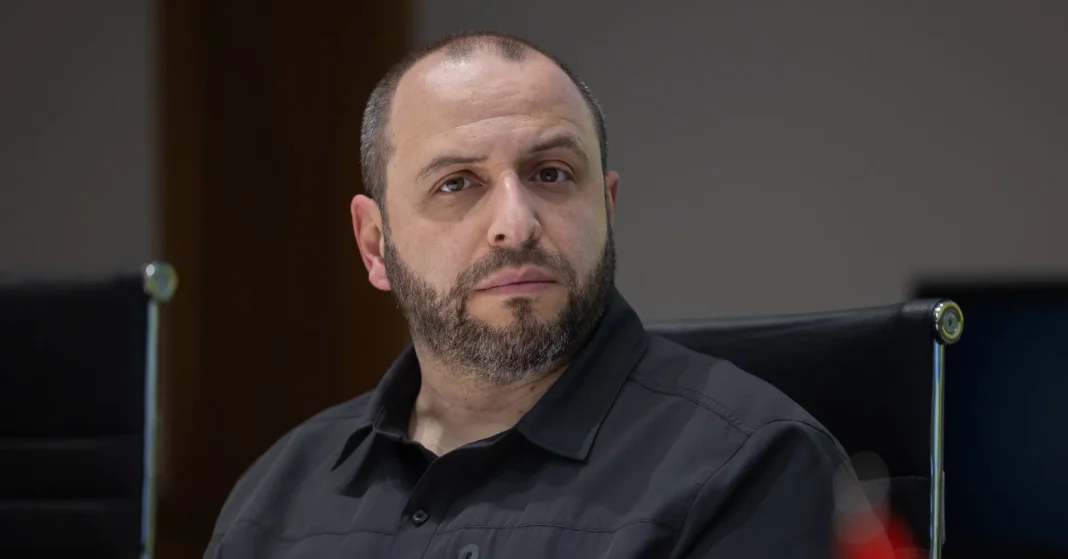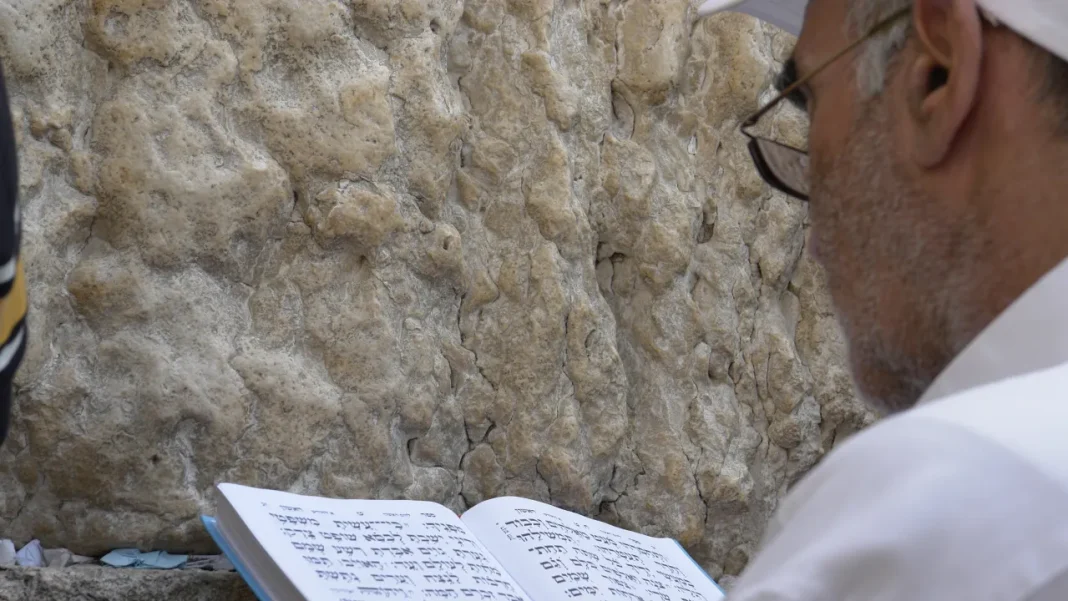Negotiating with Vladimir Putin is a complex and nuanced challenge faced by world leaders. Understanding the strategies and insights necessary for such diplomacy is crucial for ensuring effective dialogue and peaceful resolutions.
Understanding Putin’s Diplomatic Style

Vladimir Putin’s approach to diplomacy is often described as assertive and strategic. He is known for leveraging Russia’s geopolitical strengths while confidently addressing international concerns. His negotiation style often involves careful preparation, where a firm stance is balanced with the ability to pivot discussions to align with Russia’s interests. Recognizing this pattern can aid in formulating a response that demonstrates both strength and openness to dialogue.
Moreover, Putin is adept at using historical context to frame contemporary issues, making it crucial for negotiators to be equally informed about Russia’s historical narratives. Addressing these narratives respectfully can facilitate mutual understanding and set a constructive tone for negotiations.
Preparation and Research

Effective negotiation with Putin requires thorough research and understanding of Russia’s current domestic and international priorities. This involves studying recent political maneuvers, economic policies, and military strategies that Russia might use as leverage. Being well-informed allows for better anticipation of Russia’s bargaining tactics and preparation of appropriate counter-strategies.
Additionally, assembling a team of experts in Russian politics, economics, and culture can provide valuable insights. These experts can help identify potential areas of compromise and create strategies that not only protect national interests but also align with broader global objectives.
Building a Strategic Alliance

International cooperation is pivotal when engaging in negotiations with a powerful leader like Putin. Building a strategic alliance with other countries can amplify the negotiating power and present a united front. This involves coordinating with allies to ensure consistency in messaging and reinforcing mutual goals during discussions.
Furthermore, engaging with multilateral organizations like the United Nations or the European Union can enhance diplomatic efforts. These platforms provide additional resources and legitimacy, which may strengthen the negotiating position and facilitate global support for the outcomes.
Maintaining Open Channels of Communication

One of the key components of successful negotiation is maintaining open lines of communication. Continuous dialogue, even during tense periods, helps in managing misunderstandings and reduces the risk of escalation. Establishing formal and informal communication channels ensures that discussions can continue constructively.
In the context of Czech Republic’s relations with Russia, diplomatic communication should focus on transparency and mutual respect. This approach helps in building trust and potentially laying the groundwork for future cooperation on shared interests.
Understanding the intricate dynamics of negotiating with Vladimir Putin is essential for effective international relations. By adopting a well-rounded strategy that includes preparedness, alliance-building, and open communication, world leaders can work towards achieving stable and positive outcomes.





